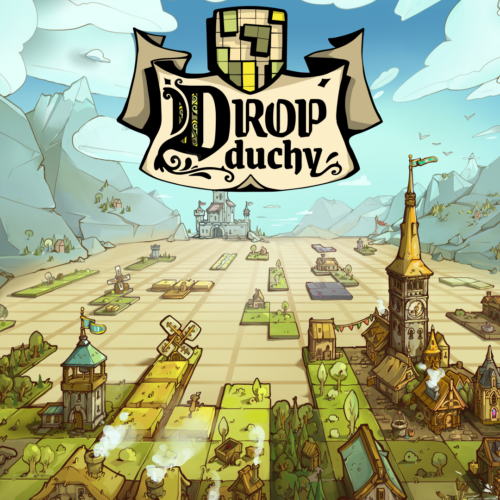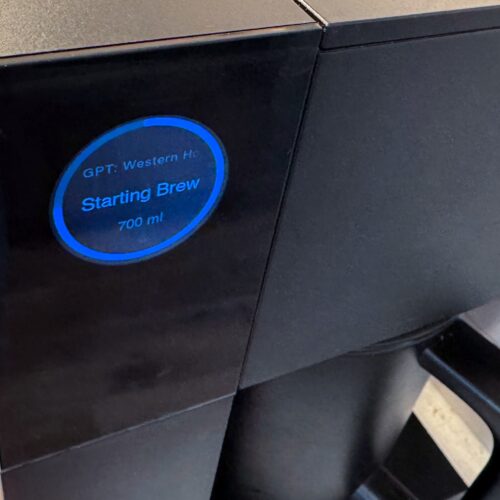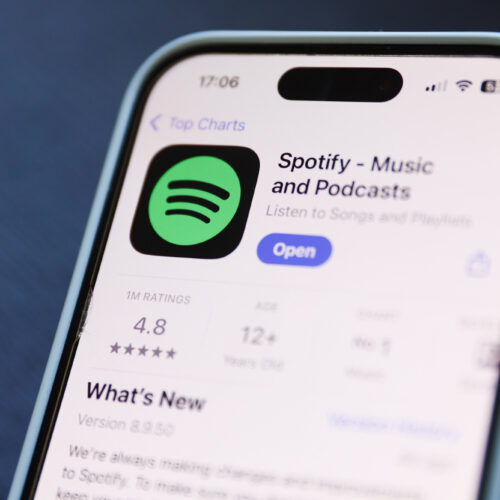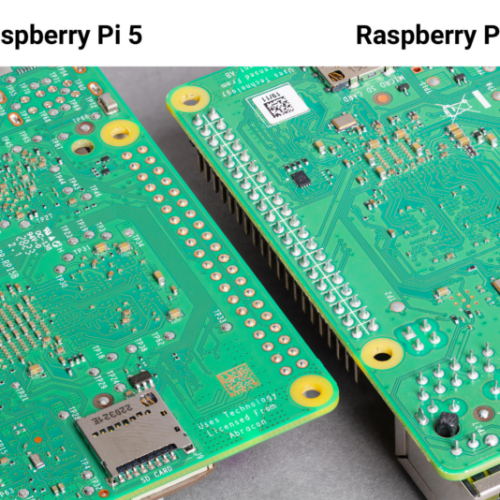I helped a lost dog’s AirTag ping its owner: An ode to replaceable batteries
Out of all the books I read for my formal education, one bit, from one slim paperback, has lodged the deepest into my brain.
William Blundell's The Art and Craft of Feature Writing offers a "selective list of what readers like." It starts with a definitive No. 1: "Dogs, followed by other cute animals and well-behaved small children." People, Blundell writes, are your second-best option, providing they are doing or saying something interesting.
I have failed to provide Ars Technica readers with a dog story during nearly three years here. Today, I intend to fix that. This is a story about a dog, but also a rare optimistic take on a ubiquitous "smart" product, one that helped out a very good girl.


© Humane Rescue Alliance



















